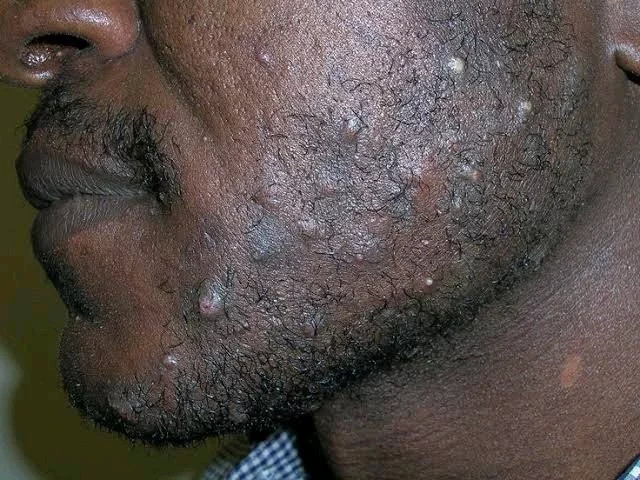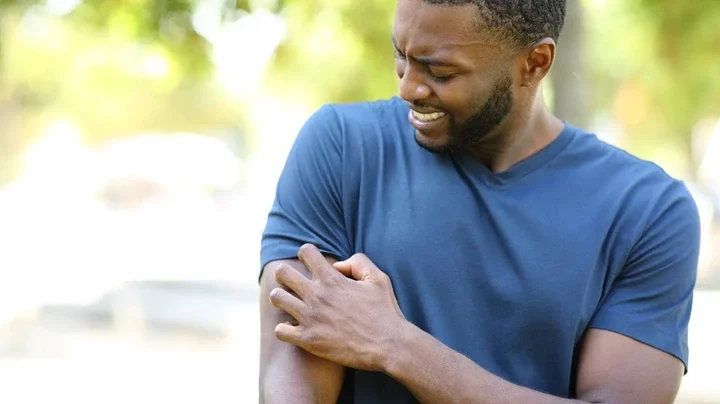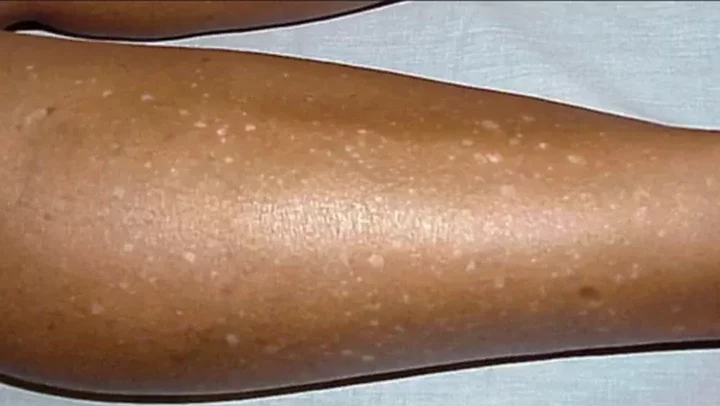
Your body has ways of communicating its health status-whether it is satisfied, anxious, or need rapid medical attention. Recognizing these symptoms can help you stay healthy and avoid the beginning of serious diseases. Here's what to look out for and when to seek medical attention.
Foot Changes:
Discoloration or soreness in your feet may indicate a metabolic condition such as diabetes. An endocrinologist can check your blood glucose and hormone levels.
Tightness in Embrace:
If embraces feel abnormally constrictive, this could be a sign of multiple sclerosis. Similarly, perceptions of wearing invisible gloves or shoes may be warning flags.
Thinning Eyebrows:
A noticeable thinning of your brows without any grooming may suggest hypothyroidism. This illness can lead to weariness, weight gain, depression, and constipation.
Toe Appearance:
Swollen or sausage-like toes should be seen by both a dermatologist and a rheumatologist, as these are symptoms of psoriatic arthritis, which affects the skin and joints.
Appetite and Weight Loss:
A rapid drop in appetite followed by weight loss may indicate a metabolic issue, which could be inherited or the result of sustained inadequate nutrition.
Itchy Skin:
If you have persistent itching that is not caused by bug bites or allergic responses, you should see a doctor.
Breathing Difficulties:
Frequent requests to open windows on public transportation, or sensations of claustrophobia indoors, may demand a heart assessment.
Cold sensitivity:
Constantly feeling cold, even in warm weather, may indicate a thyroid problem, possibly caused by an iodine shortage.
Unusual Impulses:
A sudden disdain for the law, such as the desire to steal stuff you can afford, could be an early symptom of dementia.
Nail Changes:
Changes in the shape or texture of your nails, such as thickening or broadening, may indicate heart or lung Recognizing.
Recognizing these symptoms and receiving prompt medical attention are critical steps toward maintaining your health and well-being.
















Comments